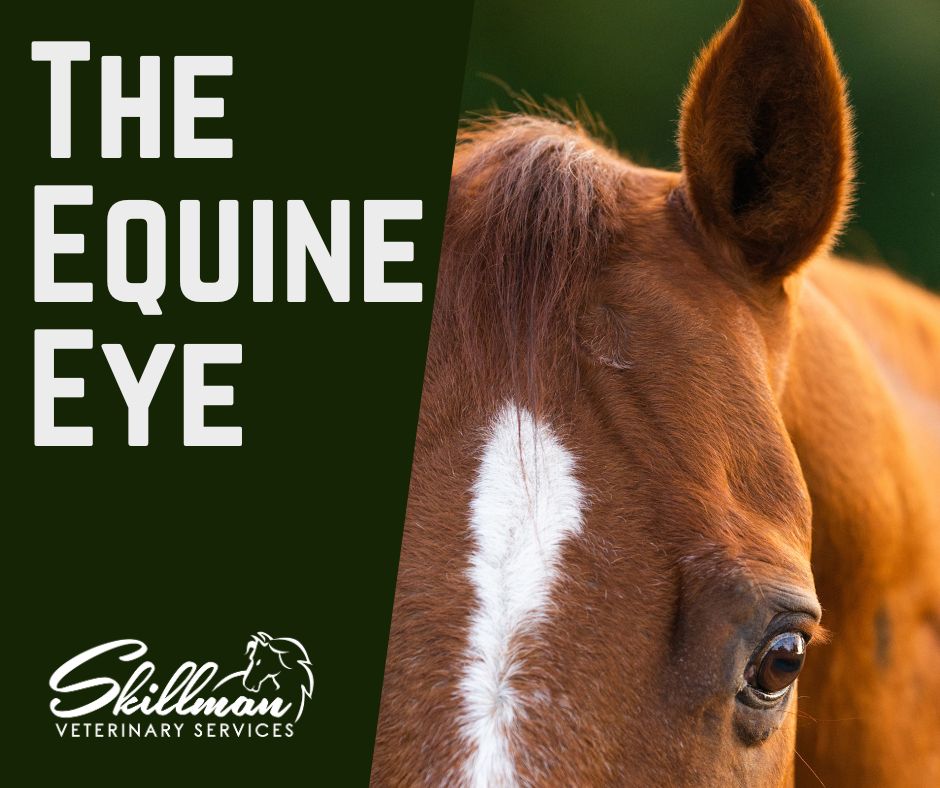All About Eyes

Did you know that horses have the largest eyes of any land mammal? Their eyes are positioned on the sides of their head, allowing for a wide field of view to detect potential predators. This evolutionary trait makes their eyes vulnerable to various injuries and conditions.
The Importance of Clear Vision:
Safety: Clear vision is paramount for your horse’s safety, especially during activities like riding or turnout. Good eyesight enables them to navigate obstacles, detect changes in terrain and perceive potential dangers, reducing the risk of accidents and injuries.
Performance: In equestrian sports, precise vision is crucial for optimal performance. Whether navigating a course, responding to cues from the rider, or competing in events, horses rely heavily on their sight. Any impairment can affect their ability to perform tasks accurately and confidently.
Common Eye Conditions in Horses:
Corneal Ulcers: Corneal ulcers are common in horses and can result from trauma, foreign objects, or bacterial infections. These ulcers may cause pain, excessive tearing, and squinting. Without proper care, they can lead to vision loss or even blindness.
- Uveitis (Equine Recurrent Uveitis or Moon Blindness): Uveitis is a serious condition characterized by inflammation of the uvea, the middle layer of the eye. It can be recurrent and painful, leading to vision impairment or blindness if left untreated. Early detection and management are crucial to preserving vision and preventing further damage.
Conjunctivitis: Also known as “pink eye,” conjunctivitis is characterized by inflammation of the conjunctiva, the thin membrane covering the eye. Symptoms include redness, discharge, and swelling. Prompt treatment is essential to prevent complications and discomfort.
Preventive Measures:
Regular Examinations: Schedule routine eye examinations with your equine veterinarian to detect any issues early on. These exams may include visual assessments, tonometry (eye pressure measurement) and specialized tests if needed.
Proper Management: Maintain a clean environment to reduce the risk of eye infections. Keep stalls and pastures free from debris, and use fly masks to protect against irritants and UV rays. Monitor your horse’s behavior for signs of discomfort or changes in vision.
Prompt Treatment: If you notice any signs of eye discomfort or abnormalities, seek veterinary attention immediately. Delayed treatment can exacerbate conditions and compromise your horse’s vision. Eye issues are considered an emergency and should be treated as such.
Your horse’s eyesight requires diligent care and attention. By prioritizing their eye health through preventive measures and regular veterinary care, you can help ensure they enjoy a lifetime of clear vision and optimal performance. Remember, a healthy horse sees the world more vividly and confidently.



